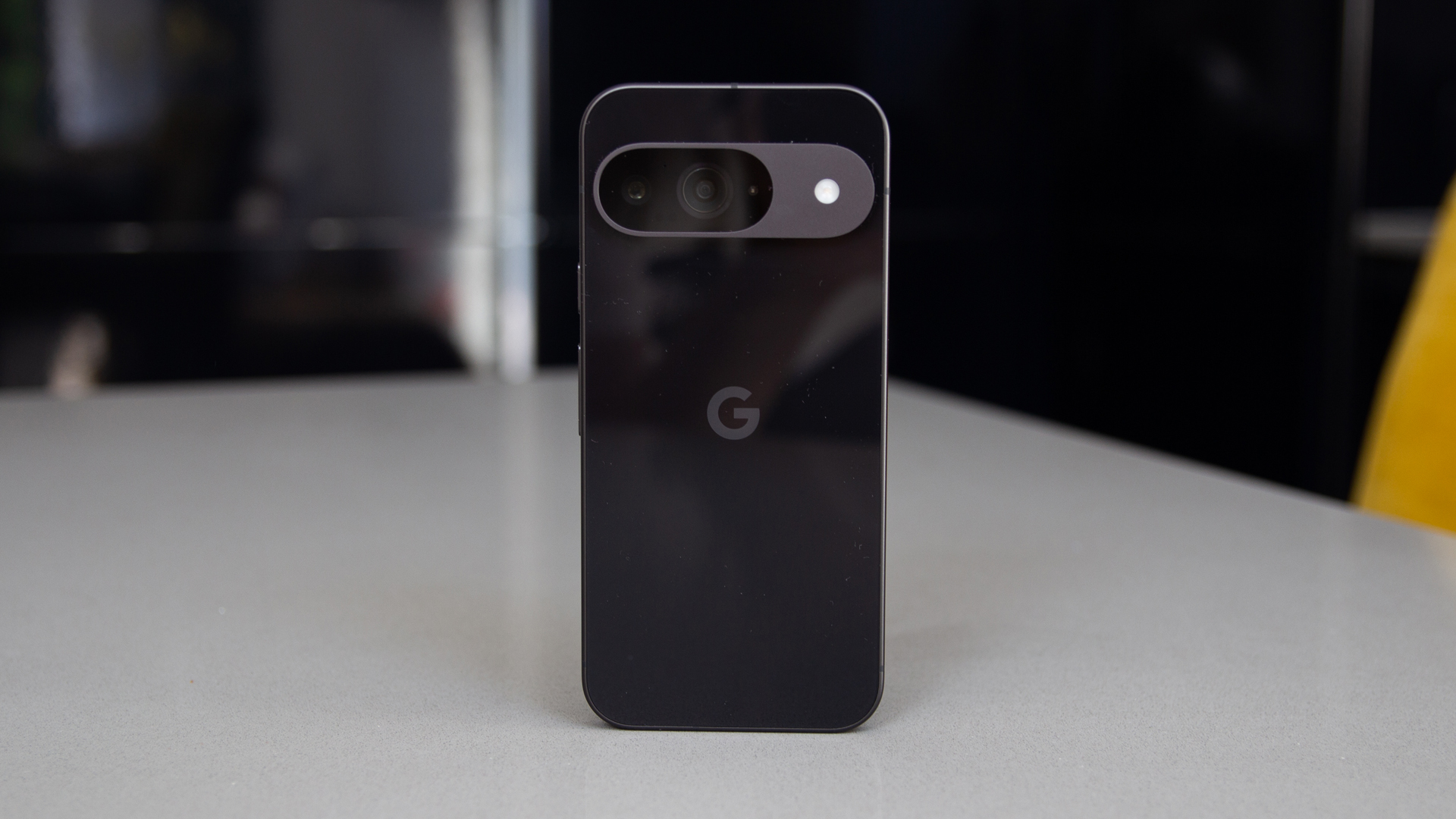
Pixel phones will get Android 15 on 15 October, it is claimed.
The OTA upgrade is expected to bring a range of updates and new features.
It seems to be the season for software updates, with Apple pushing iOS 18 to iPhone, Samsung's One UI 6.1.1 rolling out and now the advance of Android 15. Google Pixel models will be the first phones to get Android 15 and we now have a firm date for its rollout.
When it comes to mobile operating systems, Android dominates with over 70% market share according to StatCounter. That means that any new version of Android is a big deal, as many millions of users look to update. The good news is that eligible Google Pixel models will be getting the update on 15 October, according to Android Headlines.
Android 15 will be available on the following Pixel phones:
- Pixel 6 and 6 Pro
- Pixel 6a
- Pixel 7 and 7 Pro
- Pixel 7a
- Pixel Fold
- Pixel Tablet
- Pixel 8 and 8 Pro
- Pixel 8a
- Pixel 9 and 9 Pro XL
- Pixel 9 Pro Fold
While you can technically get Android 15 on all these devices now – thanks to the Android 15 Beta Programme – that is still unfinished software so some elements might not work. It also might not contain everything that the Pixel is getting, because despite running on a pure version of Android, there are often Pixel extras that only Pixel will get access to.
Android 14 hit the Pixel on 4 October 2023, so in reality, Android 15 is only a couple of weeks behind. However, in the run-up to this release it was reported that Google was suffering delays. When the Pixel 9 and Pixel 9 Pro launched, it didn't have the new software which was uncharacteristic for a new Pixel.
For other Android phones the race is now on to take Android 15 and make all the manufacturer customisations so that updates can begin. For Samsung that will be One UI 7.0, for example, although a timeline for that software update isn't yet known.
What will Android 15 bring to the Google Pixel?
There's good news and bad news. The bad news is that this isn't a huge update bringing lots of features.
Unlike Apple's iOS updates that bring a number of headline features, Android works differently, with the core software updates often being focused on developer options, stability and security. Additional features are often pushed through individual apps. instead.
However, Android 15 will enable a feature called Low Light Boost to boost what you see on the screen in low light conditions. This isn't the same as Night Mode in the camera, but will make it easier to scan QR codes in dark conditions, for example. There will also be the ability to adjust the flash strength.
There will be more loudness controls to keep the volume levels between content consistent, as well as support for MIDI 2.0 devices. Android 15 will also offer better AV1 decoding which will benefit lower tier devices in video playback.
There will be OS-level support for app archiving, so you can save space by partially removing infrequently used apps. There are performance upgrades for graphics, as well as more tools to help developers optimise apps for better battery efficiency.
There are more privacy measures coming in, including detection of screen recording, while you can also create a "private space" on your device for sensitive apps, so these can be locked away. This doesn't have to be anything sinister – if you share your device with your child frequently, you might want to lock away shopping apps, for example.
There will be partial screen sharing support, better picture-in-picture and refined Do Not Disturb rules. Support for larger screens like tablets will also get attention in Android 15 too. Finally, there will also be more support for satellite communications.







